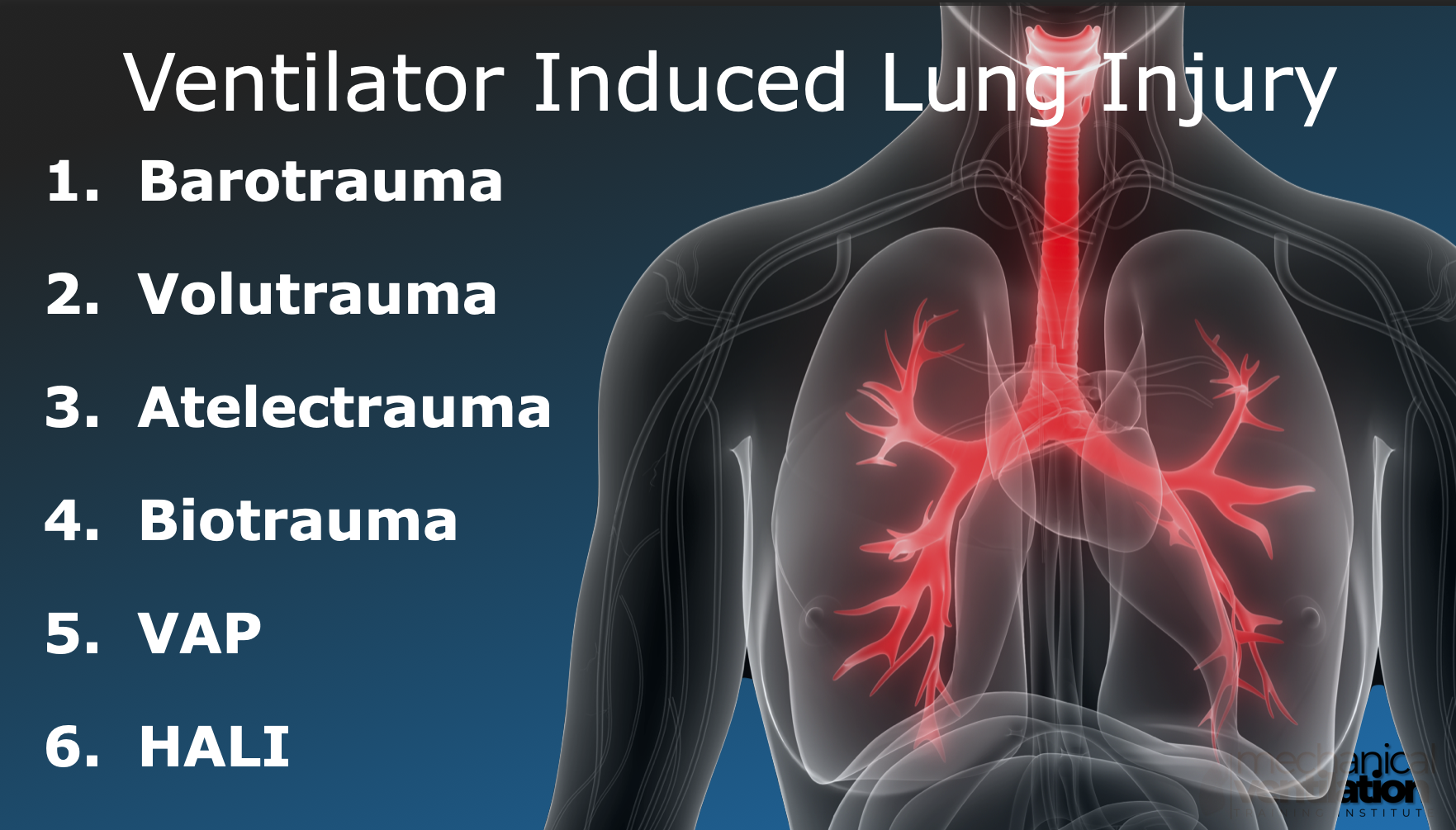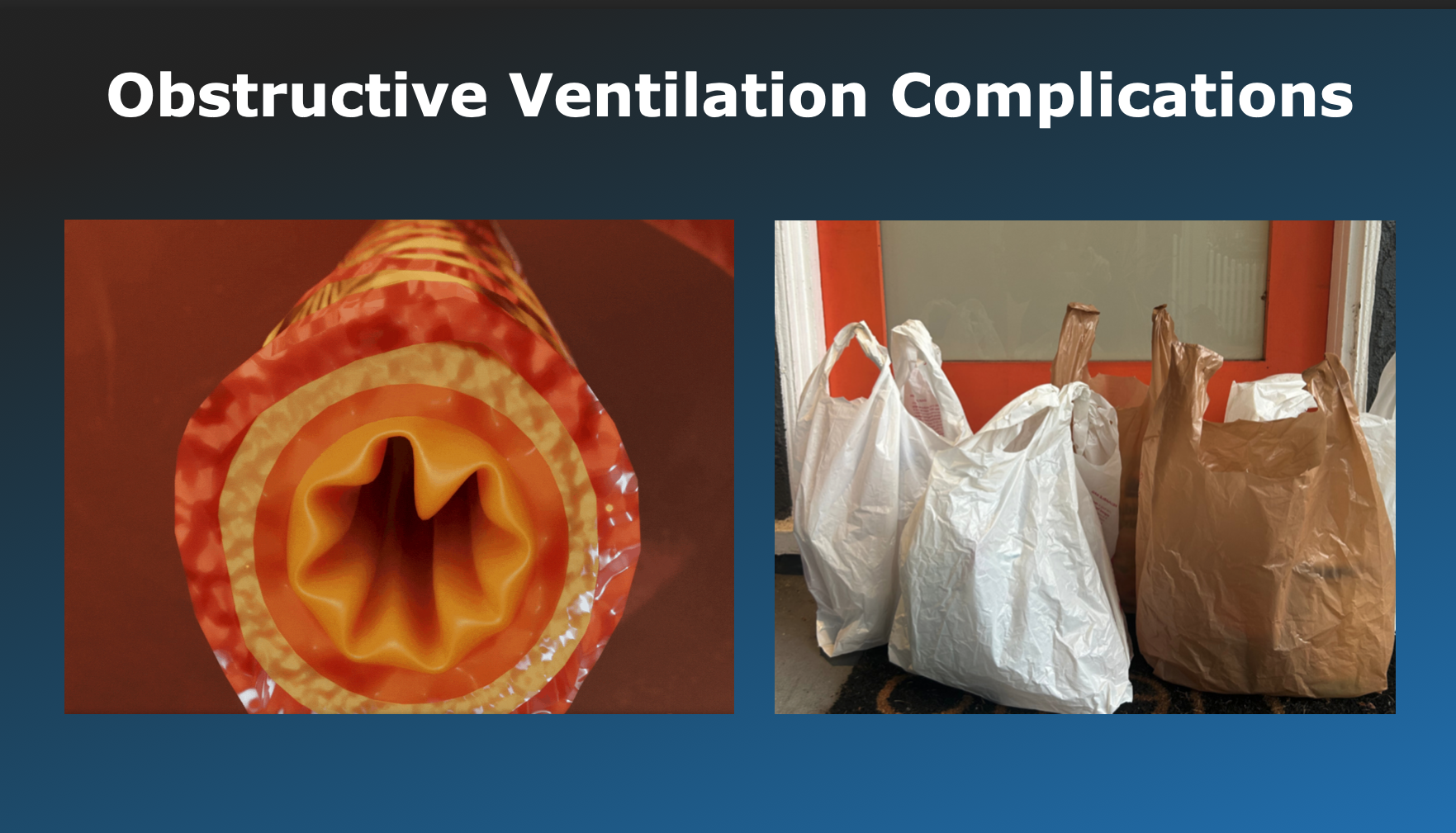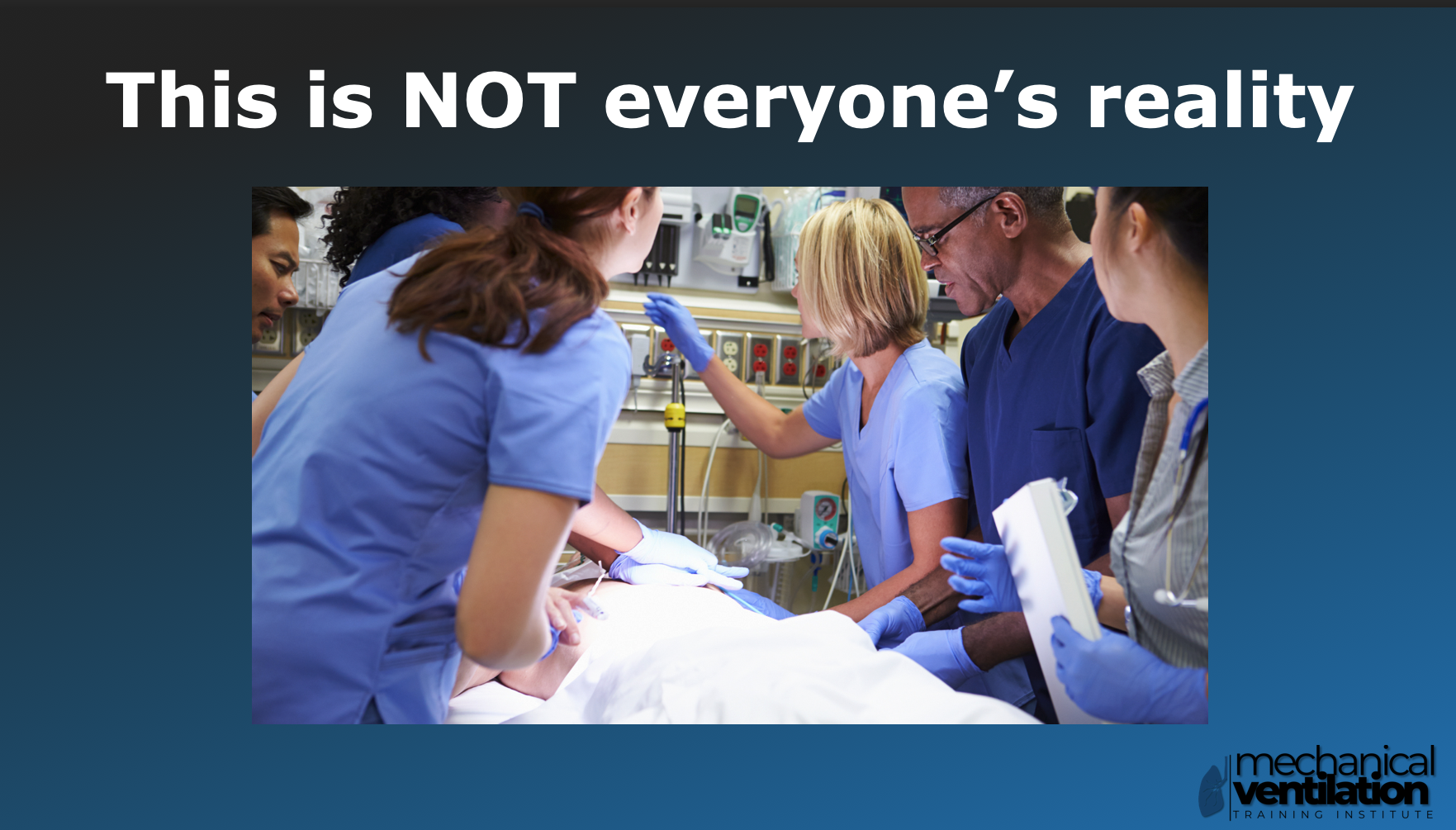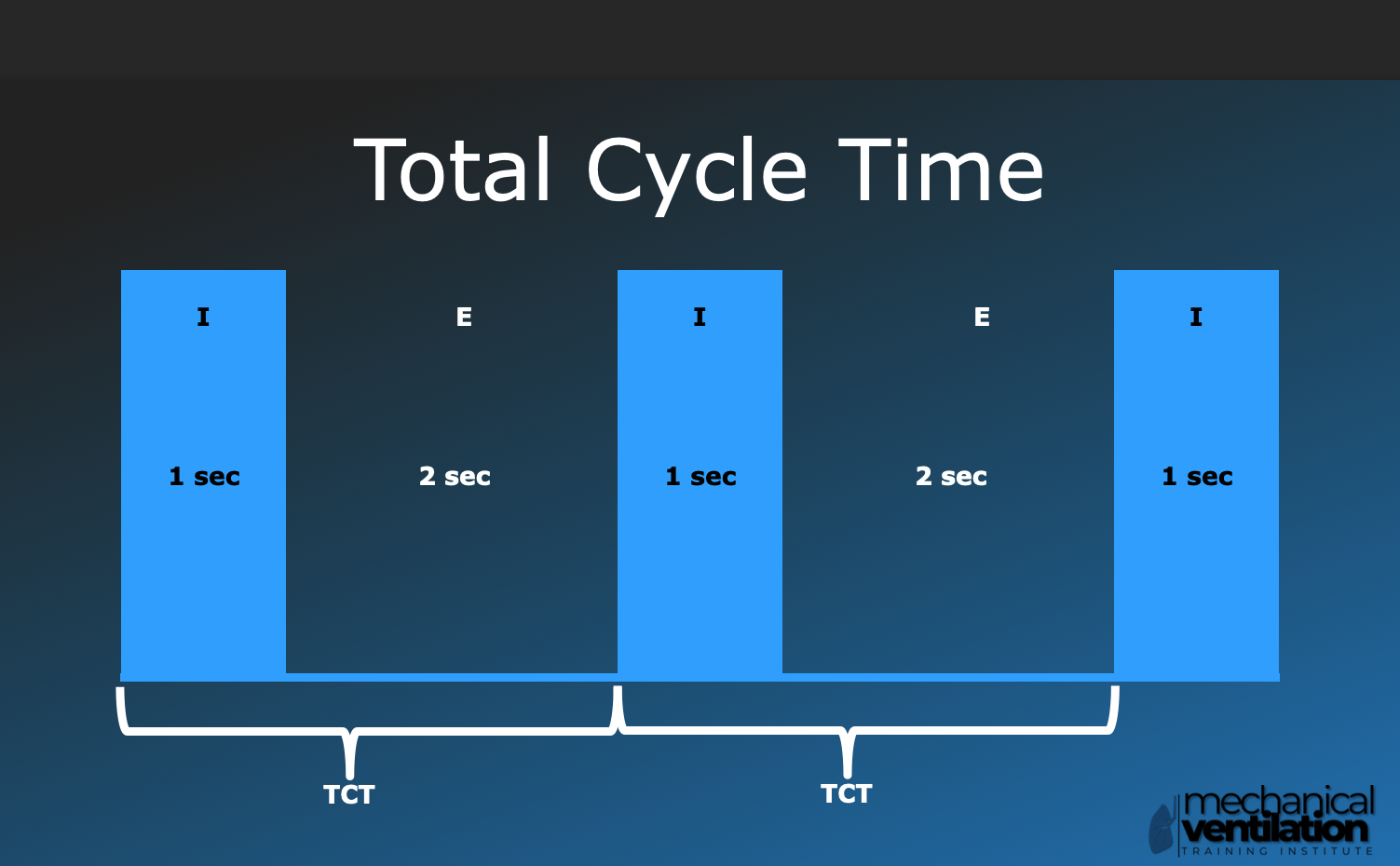
Basic Ventilator Life Support
(BVLS)
A Mechanical Ventilation Fundamentals Course for all Respiratory Care Providers
Launching February 28th
〰️
Launching February 28th 〰️
A learning experience on the art and science of mechanical ventilation, unlike anything you’ve experienced before.





The Definitive Course for Mechanical Ventilation Training!
This course introduces the fundamental concepts of mechanical ventilation. It is designed to establish a strong framework necessary for clinicians to feel confident when caring for patients relying on mechanical ventilatory support.
Course Details
Course Fee: $197 / student
1-year access to course material
Immersive online self-paced learning
Pre-test to establish a baseline for focused learning
Engaging lessons
Video-based vent labs demonstrating didactic material
Section quizzes w/ rationals
Comprehensive final exam
Downloadable study guide
Downloadable certificate of completion
6 Hours of continuing education credit for EMS and Nurses.
3-year certification
Continuing Education Hours
RN hours awarded through the California Board of Nursing
EMS Hours are awarded through our partnership with First Response Team Training, a Colorado-approved EMS Training Group
Course covers…
History of mechanical ventilation
Basic principles, indications, and importance of early effective mechanical ventilation
Essential respiratory anatomy & physiology
Basic principles of oxygenation vs. ventilation
Essential gas laws and their application
Review of non-invasive ventilation (HFNC / CPAP / BPAP)
Hazards of mechanical ventilation
Managing the artificial airway
Basic breath types, modes, settings, and alarms
Fundamentals of patient monitoring, including:
SpO2, EtCO2, and blood gasses
Airway pressures
Static vs. dynamic compliance
Basic scalar graphs
Basic mechanical ventilation strategies
Initiating Non-Invasive Ventilation
Lung protective ventilation
Restrictive lung strategies (ARDS)
Obstructive physiology strategies (Asthma / COPD)
Launching February 28th!
Save 35% with code BVLSLAUNCH at checkout!

